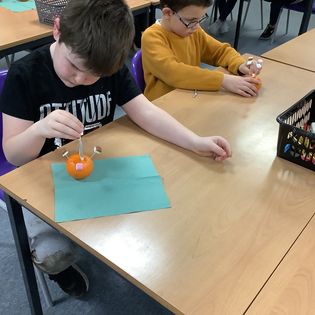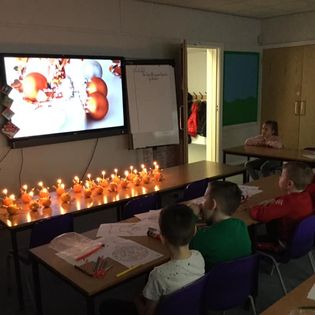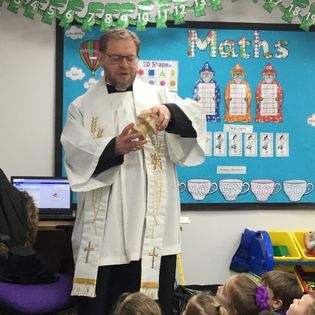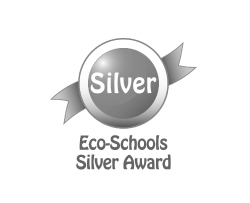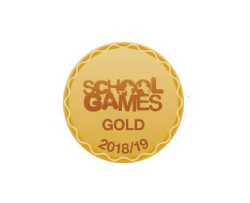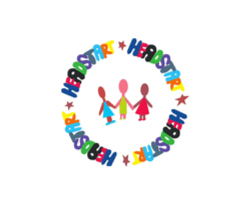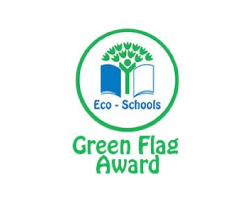Intent
Rationale
Through RE we encourage our children to learn from different religious beliefs, values and traditions while exploring their own beliefs. We believe R.E has an important role to play in preparing our pupils for adult life, employment and lifelong learning. We encourage all pupils to develop respect and acceptance for others in particular those whose faith and beliefs are different from their own.
Aims
The Religious Education curriculum aims to provide children with an understanding and appreciation of a diverse range of religions and cultures through the investigation of the nature of religious beliefs, religious teaching and religious worship. Theological questions are asked and answered, enabling children to experience and explore different religions.
Key Concepts
The Religious Education key concepts at Caedmon Primary School are: Belief; Teaching; Worship and Impact of Faith.
Skills Progression
Our curriculum takes children on their journey from Nursery right through to Year 6.
In Nursery and Reception:
Our Early Years curriculum for Nursery and Reception pupils follows the ‘Early Years Framework’. We have designed a sequenced and progressive long-term planning format to ensure that lessons build on prior knowledge and enable our pupils to know more and remember more. Please visit our Early Years page within this section of the website to find out more.
By the end of Key Stage One, children will be able to:
- Recall some of the beliefs, stories, symbols, artefacts and practices of different religious and non-religious worldviews, recognising some similarities and differences and saying something about how and why they may be important for many people, especially in the local area.
By the end of Lower Key Stage 2, children will be able to:
- Describe what believers might learn from the significant texts/writings and other arts being studied.
- Describe some of the rules and guidance used by believers and how that might be applied in working with others from different traditions, both locally and more widely; describe the importance of key texts/writings in the tradition being studied and give an example of how they may be used.
Core Skills
Children will be able to:
● Talk about and understand key faiths including special people, places, stories, celebrations and
artefacts.
● Develop their understanding and viewpoints about a range of different religious topics and reflect
upon how their understanding has changed as they progress.
● Develop their ability to be reflective.
● Develop their ability to share their viewpoints and respectfully discuss and challenge others, when
appropriate.
● Develop their ability to become independent thinkers and learners.
● Make connections between ideas, their personal experiences and the lives/beliefs of others.
● Transfer their skills across other subjects and areas of their lives, based on spiritual and moral
understanding that has been developed.
Literacy Skills
Children will use a range of literacy skills to:
● Listen and respond appropriately to adults and their peers.
● Ask relevant questions to extend their knowledge and understanding, and build vocabulary.
● Articulate and justify answers, arguments and opinions.
● Give well-structured descriptions and explanations.
● Participate actively in discussions, presentations, performances and debates.
● Consider and evaluate different viewpoints, attending to and building upon the contributions of
others.
Mathematical / Numeracy Skills
If and when appropriate i.e. when learning considering calendars and elements of time
Intent
The principal aim of religious education is to explore what people believe and what difference this makes to how they live, so that pupils can gain the knowledge, understanding and skills needed to handle questions raised by religion and belief, reflecting on their own ideas and ways of living.
Implementation
In EYFS, children will encounter religions and worldviews through special people, books, times, places and objects, and by visiting places of worship. They will listen to and talk about stories. Children will be introduced to subject-specific words and use all their senses to explore beliefs, practices and forms of expression. They will ask questions and reflect on their own feelings and experiences. They will use their imagination and curiosity to develop their appreciation of and wonder at the world in which they live.
Key Stage One
Pupils will develop their knowledge and understanding of religions and worldviews, recognising their local, national and global contexts. They will use basic subject-specific vocabulary. They will raise questions and begin to express their own views in response to the material they learn about and in response to questions about their ideas.
Key Stage 2
Pupils will extend their knowledge and understanding of religions and worldviews, recognising their local, national and global contexts. They will be encouraged to be curious and to ask increasingly challenging questions about religion, belief, values and human life. Pupils will learn to express their own ideas in response to the material they engage with, identifying relevant information, selecting examples and giving reasons to support their ideas and views.
Teaching in RE allows children both to learn about religious traditions and to reflect on what the religious ideas and concepts mean to them. Our teaching enables children to extend their own sense of values and promotes their spiritual growth and development. We encourage children to think about their own views and values in relation to the themes and topics studied in the RE curriculum. Our teaching enables children to build on their own experiences and extend their knowledge and understanding of religious traditions. We use experiences at religious festivals such as Easter, Eid and Diwali (amongst many others) to develop their religious thinking.
Impact
At Caedmon Primary, we envision RE curriculum impacting the pupils in the following
ways:
● Extend their knowledge and understanding of religions and beliefs.
● Develop a religious vocabulary and interpret religious symbolism in a variety of forms.
● Reflect on questions of meaning, offering their own thoughtful and informed insights into religious and secular world-views.
● Explore ultimate questions of beliefs and values in relation to a range of contemporary issues in an ever-changing society.

